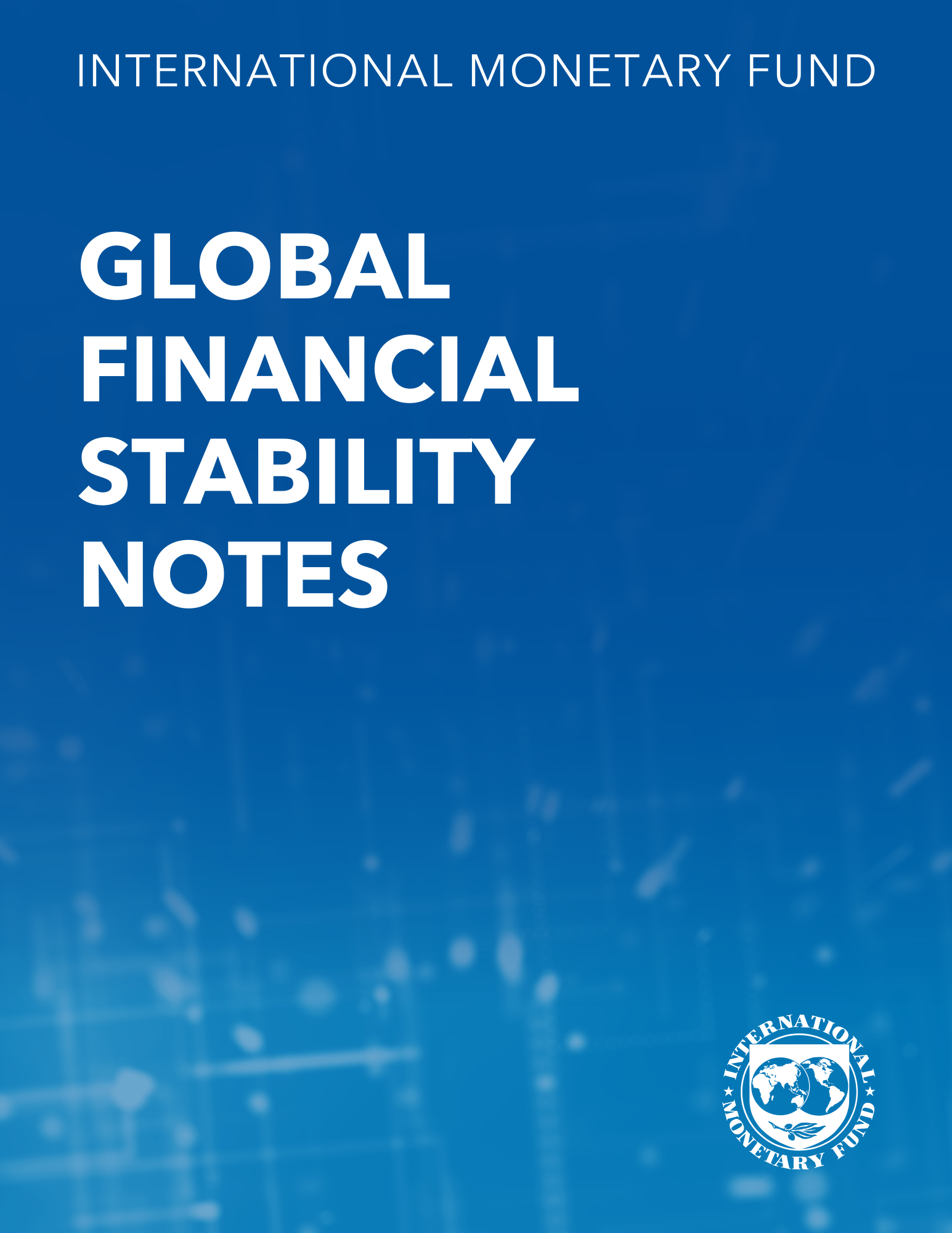The Behavior of Fixed-income Funds during COVID-19 Market Turmoil
December 14, 2020
Summary
This note analyzes the stress experienced (and caused) by open-end mutual funds during the March COVID-19 stress episode, with a focus on global fixed-income funds. In light of increased valuation uncertainty, funds experienced a short period of intense withdrawals while the market liquidity of their holdings deteriorated substantially. To cover redemptions, afflicted funds predominantly shed liquid assets first—for example, cash, cash equivalents, and US Treasury securities. But forced asset sales amplified price pressures in markets and contributed to liquidity falling across fixed-income markets. This drop in market liquidity, as well as the general stress in financial markets, may have led to fund investors becoming even more sensitive to challenging portfolio performance and encouraged further withdrawals. Only after central banks intervened, directly and indirectly supporting asset managers, did liquidity and redemption stress subside. Overall, the March episode validated the financial-stability concerns about liquidity vulnerabilities in the fund industry and calls for further action to address them.
Subject: Cash accounting, Corporate bonds, COVID-19, Currencies, Economic and Financial Topics, Flow of funds, Liquidity, Sovereign bonds, Treasury bills and bonds
Keywords: AN, cash, financial stability, fixed-income fund, fixed-income funds, fund flow, liquidity condition, low-liquidity assets, portfolio composition, stress scenario exercise
Pages:
13
Volume:
2020
DOI:
Issue:
002
Series:
Global Financial Stability Notes No 2020/002
Stock No:
ANEA2020002
ISBN:
9781513563695
ISSN:
2791-3112






